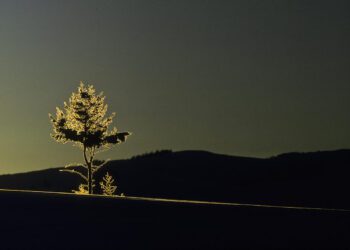GALLATIN VALLEY FRIENDS OF THE SCIENCES
BOZEMAN – What are we learning about the Sun’s energetic events and how they affect us on Earth? Dr. Dana Longcope, Professor and Head of the Physics Department at Montana State University, will discuss the consequences of solar activity on our daily lives in the first virtual presentation of the Fall 2021 Science Inquiry Series.
The talk will be presented online via Zoom on Wednesday, Sept. 22, at 7 p.m. and is sponsored by the Gallatin Valley Friends of the Sciences, and co-sponsored by the non-profit community service organization Hopa Mountain and the Museum of the Rockies.
The series explores cutting edge science topics, their latest developments, and their relevance to society through speaker presentations followed by questions from the audience. The talks are free to the public.
In his presentation, titled “How and Why We Study the Sun from Space,” Longcope will discuss research into the Sun’s hot corona and its energetic events such as solar flares and coronal mass ejections. These events, whose intensity varies over a roughly eleven-year cycle, can lead to beautiful aurora borealis displays as well as power outages and satellite disruptions.
Dr. Longcope holds a Ph.D. in Applied Physics from Cornell University, and conducts research on the storage and release of magnetic energy in magnetic reconnection events occurring in solar flares, coronal mass ejections, and other solar events. He has served as the Chair of the American Astronomical Society’s Solar Physics Division and on the Committee on Solar and Space Physics of the National Research Council. His awards include a Presidential Early Career Award for Science and Engineering, and the 2021 Arctowski Medal from the National Academy of Sciences for significant contributions to the study of solar physics.
The Zoom presentation will be followed by a question-and-answer period via the Zoom chat function; the event will last approximately an hour. To access the Zoom link for the talk, go to the Gallatin Valley Friends of the Sciences website at gallatinscience.org.











